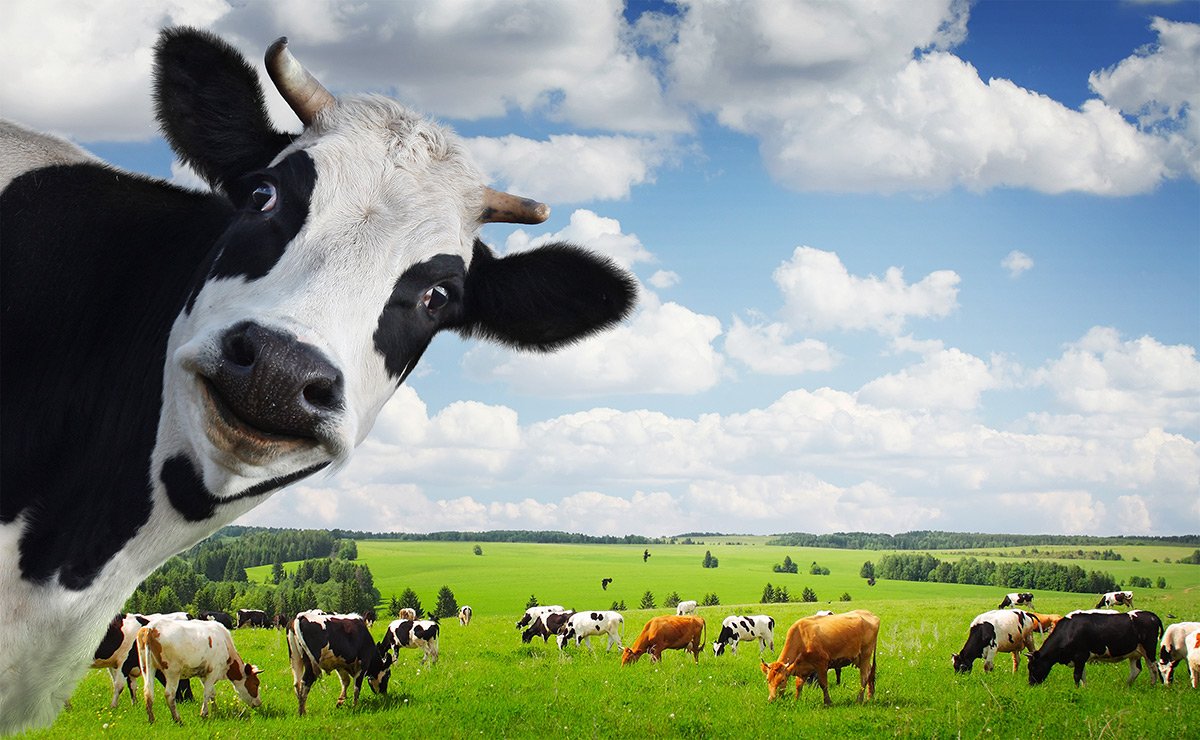
There are conditions under which victims of a crime can share responsibility for it and under which victim blaming would be justified. For example:
- Three people are hiding in a closet because a home invader breaks into their home. All three people are victims of this invasion. If two of the three people secretly decide that their best chance for survival is to come out of hiding and give up the third person to the invader in exchange for their own safety, it would not be inappropriate to say that they share responsibility for the outcome of what happens to that third person despite the fact that they are not primarily responsible for the situation itself. It might even be said that the third person would blame them and accuse them of being complicit in the crime despite the fact that all three people were victims.
- Someone robs a bank and takes a group of twenty people hostage. All twenty people are victims of this crime. After a few hours, the robber gets careless. The hostages secretly work out a plan to best him and turn him over to the police. As the group goes to spring their plan into action, two of the hostages get cold feet. They inform the robber of the plan, throw themselves at his mercy and swear their allegiance to him, thereby alerting him and preventing everyone’s escape. All twenty people are victims, but the other eighteen people are still going to blame those two for preventing their escape.

Now for a real world example:
The men and women calling themselves "the Federal government" goes $200 trillion into fictitious debt that it intends to hold over the heads of tax cattle to bleed them for resources. Every once in a while, elections are held to create the perception that the tax cattle ARE the government. In the entire history of this system, the fake debt and taxes have only ever gone up and never down, and the people who win the elections are never accountable to the tax cattle; in fact, they are granted salaries that are paid for with tax theft. Some tax cattle are enthusiastically supportive of this system, perceive it as a net gain to themselves, and vote in favor of its expansion. Some tax cattle are wary of this system, but still believe that elections are the only way to lessen the burden of the fake debt and tax theft on themselves. Among these, some want theft-funded free college. Some want theft-funded social security. Some want theft-funded food and healthcare. Others just want to reduce the net amount of theft, but attempts to do so always result in the opposite of the intended effect. All of the tax cattle are victims, but the tax cattle that want less theft place some blame for the theft on the tax cattle who want more, and the tax cattle who don’t participate and want none at all place some blame for the theft on the tax cattle who just want less.
Because if all tax cattle didn’t participate, wanted no tax theft, and refused to enforce theft, it would be impossible to force people to be tax cattle at all. Some of the tax cattle want it, encourage it, and enforce it, so they certainly are responsible for it, Stockholm Syndrome aside. They’ve set up a system where participation always results in more tax theft. Trying to reduce theft by doing something that always results in more theft is a performative contradiction.

It is therefore not accurate to suggest that “voting in self-defense” has no unintended or negative externalities. Even if it did result in an intended positive effect, there still wouldn’t be any grounds to cherry pick externalities and say, “I voted in self-defense therefore I’m responsible for all of the good things that came of it but none of the bad things.” This is both an inconsistent standard and a moral hazard. Either people are at fault for the consequences of their active participation or they aren’t.
On the other hand, it can’t be claimed that those who don’t participate are responsible for the outcome of an election as doing so would be the same as claiming that there is a positive obligation to participate absent an agreement, which is slavery.
Actions ought to be judged by their actual outcomes; not their intended outcomes. Voting is amoral, at best. At worst, it’s completely immoral – especially if one votes to expand the state or the scope of the theft of taxation. If someone votes against state expansion and against higher taxes, they are still signaling to others that they accept the outcome of the election even if they don’t get what they want.
This is horizontal enforcement of statism.
Are “good intentions” enough to absolve one of responsibility for the consequences of one’s actions? I would say nayeth, though it is clearly still a matter of debate in some circles.
One thing is clear, though: moral options do exist. Agorism and civil disobedience, for example. This means that voting is never the moral high ground. Presenting “voting” and “violent revolution” as the only two options doesn’t change this. “Voting” vs. “violent revolution” is an intellectually dishonest false dichotomy intended to coerce people into voting. Regardless of whether voting is moral or not, coercing someone into voting definitely comes down on the side of immorality – just like all other initiatory acts of coercion.
“He who fights monsters should see to it that he himself does not become a monster.” – Friedrich Nietzsche
I'm Jared Howe! I'm a Voluntaryist hip hop artist and professional technical editor/writer with a passion for Austrian economics and universal ethics. You can catch my podcast every Friday on the Seeds of Liberty Podcast Network.

